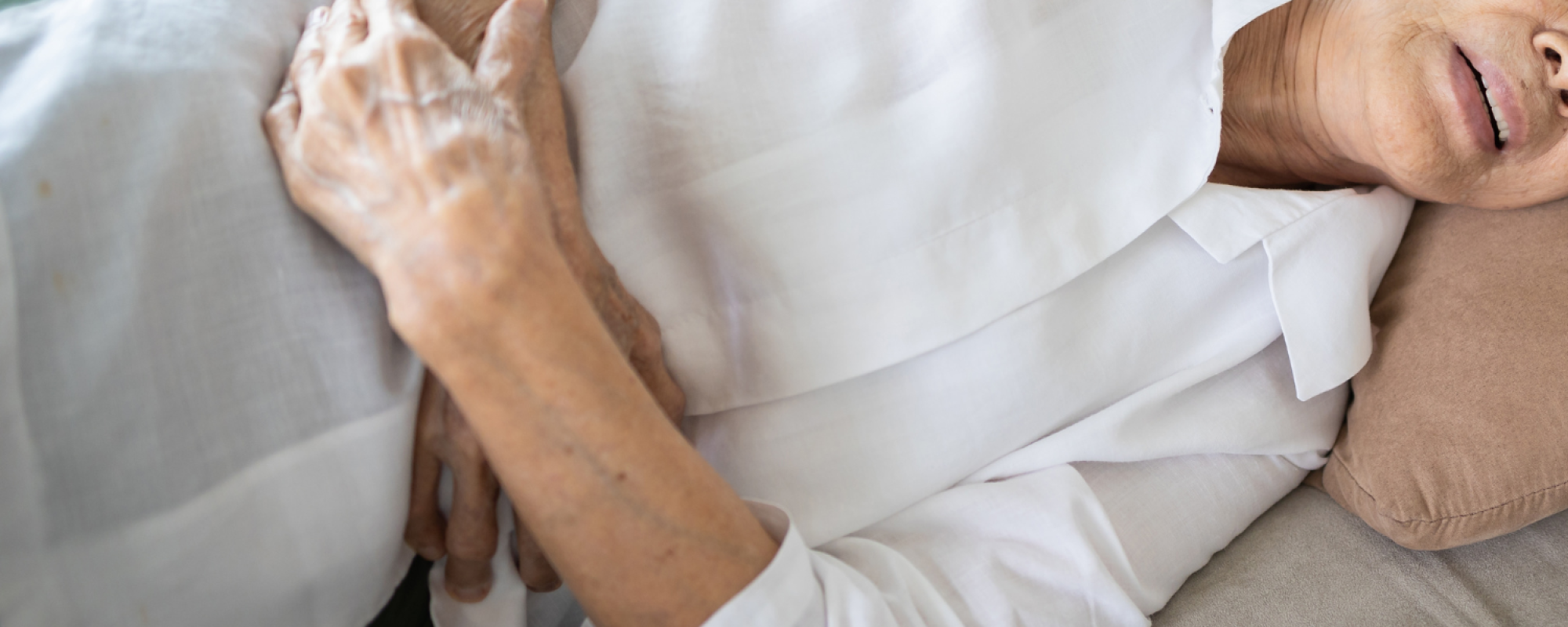Gastrointestinal Disorders
Gastrointestinal (GI) disorders, encompassing a broad spectrum of conditions from esophageal dysphagia to colorectal cancers, are a common concern among older adults in post-acute and long-term care (PALTC) settings. As individuals age, physiological changes coupled with chronic comorbidities and polypharmacy often predispose them to various GI-related complications. Given the potential for significant morbidity and even mortality, it is imperative to understand, diagnose, and manage these conditions effectively.
The GI system undergoes several changes as individuals age. There is often reduced esophageal motility, leading to conditions like gastroesophageal reflux disease (GERD) and dysphagia. Gastric atrophy, with diminished acid secretion, can affect nutrient absorption. Additionally, motility disorders, such as constipation or fecal impaction, become more prevalent, exacerbated by decreased physical activity, inadequate dietary fiber, and certain medications.
For providers in PALTC settings, a systematic approach to assessment and management is crucial:
- History and Clinical Assessment: Given the diverse presentations of GI disorders, a comprehensive history, including dietary habits, bowel routines, and medication reviews, is foundational.
- Diagnostic Tests: These can range from imaging studies, like abdominal X-rays or CT scans, to endoscopic procedures. Given the inherent risks, especially in frail older adults, the judicious use of diagnostic modalities is crucial.
- Nutritional Management: Diet plays a central role in managing many GI disorders. For instance, a high-fiber diet can ameliorate constipation, while a low FODMAP diet might benefit those with irritable bowel syndrome (IBS).
- Pharmacological Interventions: Depending on the condition, various therapeutic agents, from proton pump inhibitors (PPIs) for GERD to laxatives for constipation, can be employed. However, given the susceptibility of older adults to drug-related adverse effects, a careful risk-benefit evaluation is essential.
- Non-Pharmacological Approaches: Physical activity, even light exercises, can aid bowel motility. Biofeedback and pelvic floor exercises might benefit individuals with disorders like fecal incontinence.
- Education & Monitoring: For chronic GI conditions, continuous monitoring and patient education, emphasizing symptom recognition and management, are fundamental. This not only optimizes treatment outcomes but also minimizes complications.


